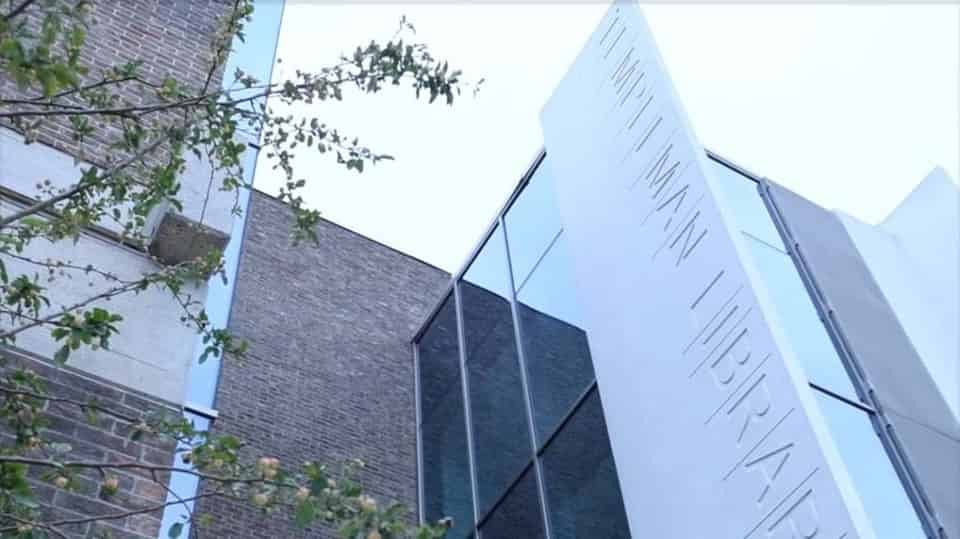Case Story: Templeman Library, University of Kent
Access All Areas – Working Together to Meet User Needs with More Than Just Compliance
“Compliance on its own is often not enough. This interaction proved valuable not only in developing the equipment for the ourselves but in building a knowledge base to benefit future developments across all educational establishments.”
Kaidi Goke, Service Delivery Team Leader, University of Kent

About the Library
When 2CQR were asked to tender for new self-service kiosks at Templeman Library, University of Kent, chip and pin and accessibility were high on the agenda. The University is very conscious of the need to make access to facilities easy for everyone and has an excellent reputation for delivering good practice. Particularly, as with all educational establishments, entry is by intellectual strengths with no disability barriers.
Improving Functionality
New products, new solutions, fast response
The renovation of the library had provided the catalyst for updating the equipment and, as the existing kiosks, although being a good fit originally, were now not being supported there was an opportunity to look at new products on the market with smaller footprints, and improved functionality.
Following stringent technical, functional and support evaluation two potential suppliers were offering excellent units with good disability access. However, the chip and pin offered by 2CQR became one deciding factor. Their card payment solution, using Worldpay met the compliancy needed and was also proving successful with the existing hospitality service at the University. The account support model offered by 2CQR: in-house engineers, remote servicing with fast verbal response also proved a winner for the University team.
The Solution
Working together
During the tender process 2CQR and the university team, led by Kaidi Goke, Service Delivery Team Leader, ran user days with staff, students, including disability groups, to both demonstrate the kiosks and listen to the issues and requirements of the different users.
The deeper the investigation the more it was seen that solutions for one type of user often caused issues with others. Examples included users who found icons problematic and preferred text, which conflicted with those with print reading disability. Similarly it was noted by dyslexic and visually impaired users that white on black was the easiest to read, in contrast to the user who is autistic, who said that white on black was hard to read.
In other areas, such as text-to-speech and tactile navigation, 2CQR will be looking at opportunities to resolve accessibility issues. And the wide range of results acquired by the university will be invaluable in helping their work.
Benefits
Good looking, great service
As well as being highly reliable the Phoenix kiosks have been positioned across the library’s four floors conveniently before the exits. Looking good in the refurbished areas and blending with the neutral environment they are discrete but easily identified by all students.
The Results
All clients demand excellent service support and the University of Kent is no exception. The tender made clear their needs and, despite not needing 2CQR’s helpdesk or in-house engineers the service received throughout the tender and installation process impressed the university’s team.
The Reopening
“The installation at Templeman Library was planned and implemented perfectly. Only a small issue of differently RFID coded books on some campuses needed attention and was swiftly resolved. One year on there has been no need to call on the service support”
Jonathan Allen
Circulation and Accounts Supervisor